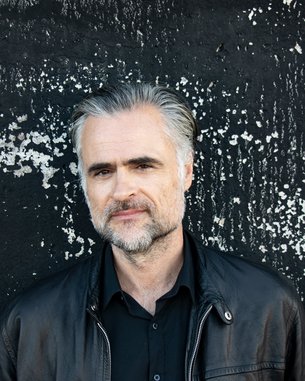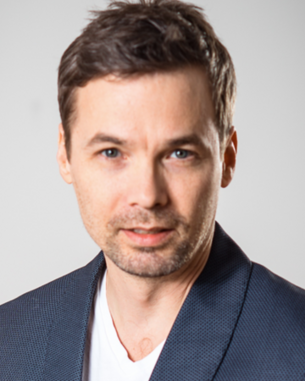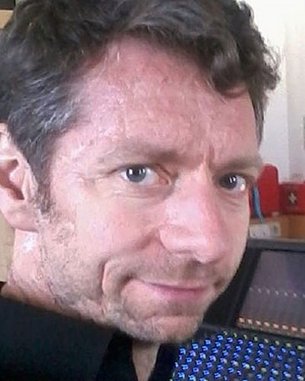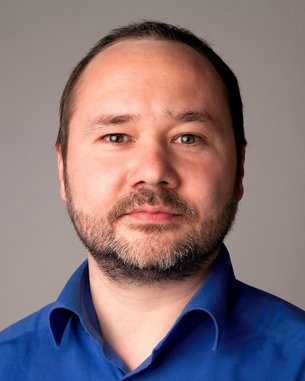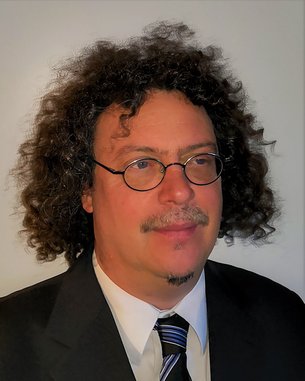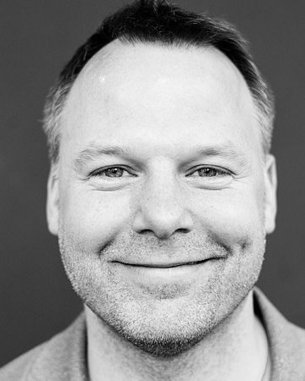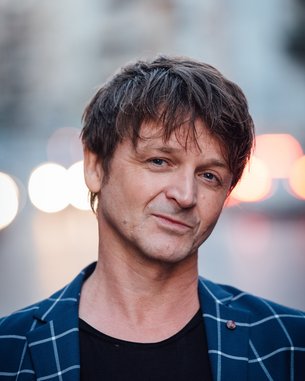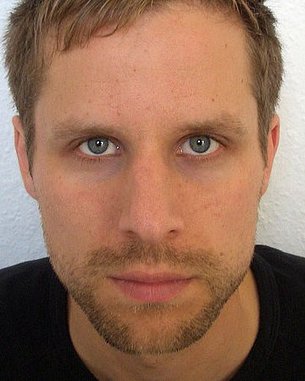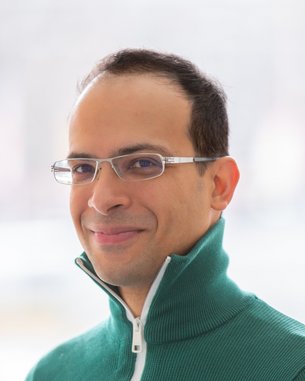Your music is a mixture of hip hop, gamelan and singer/songwriter. Your dream is to become a top musician... We welcome you to our music performance degree BMus Popular Music, the talent factory for musicians of all genres!
Popular Music
- Bachelor of Music (B.Mus.)
- 7 Semesters
- on campus
- 210 ECTS
- €790/Month
- No foundation year necessary
- In accreditation
- university cooperations
- Full time
- German / English
- summer & winter semester | SRH Gera collaboration
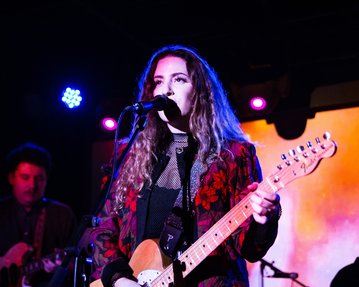
Your course content
Songrwriting, singing, performing, ...The promotion of your musical abilities and your own artistic identity are the first priority in the Popular Music study programme. A mix of individual major and minor lessons, ensemble lessons, repertoire and accompaniment coaching will form your musical basis throughout the entire course of studies. You will hone your musical craft, test yourself in interaction with others and sharpen your artistic profile. You will learn all the basics, tools and the necessary routine in courses such as composition, songwriting, performance training, artist development, pedagogy and recording techniques.
Weekly workshops on colourful topics of music practice such as songwriting and sound engineering, live panels with experts from the music industry, as well as diverse practical projects in each semester offer plenty of opportunities to try out your skills in front of an audience and expand your network. Teachers from all areas of the live and recording industry will support you on your career path.
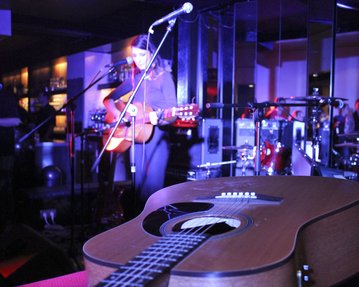
Your career prospects
Professional musician, pop star and moreAs a popular musician you make sure that the music of tomorrow remains exciting. You are a recording artist, songwriter and working musician at the same time, creating musical experiences for an audience in changing environments.
A BMus in Popular Music will prepare you for a number of different freelance careers:
- author/composer, adapter/arranger/orchestrator, performer/musician
- sound-engineer/sound technician for concerts, events, theatre, radio, TV, sound carriers
You could also collaborate with:
- song-writers/composers, lyricists, speakers, bands/music groups, orchestras
- producers, sound studios, clients from industry and business
Or employment with:
- production companies, ensembles, concert organisers, apprenticing companies
- phono-industry, labels, publishers, distributors, TV and radio stations, PR and marketing agencies
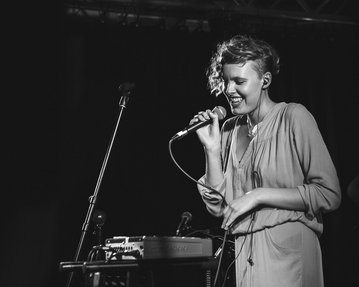
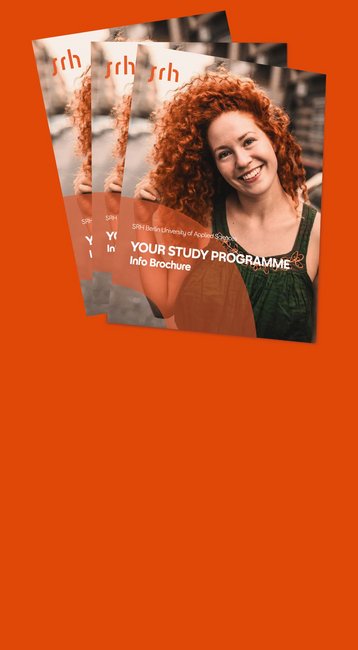
Study programme brochure and more ...
Discover your future in music with us
Steps Ahead
Hearing your own song on the radio or in advertising, signing with a label: The "Steps Ahead" Listening Session at the Berlin School of Popular Arts offers young talents the opportunity to get a few steps closer to this goal. Musicians get to meet decision makers from the music industry and media in person. Thanks to the direct feedback, our students get the chance to get their song on radio or to sign a contract.
Live to Love - Claudia Emmanuela Santoso
Our student and "Voice of Germany 2019" winner Claudia Emmanuela Santoso and her self-written song "Live to Love".
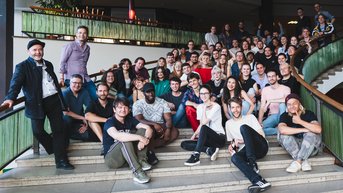
SOPA Bandcamp
First successful SOPA Bandcamp at the Landesmusikakademie Berlin with lots of great moments and many enriching impressions.
SOPA Sessions
Your curriculum
Basics in Theory and Practice
-
Recording Techniques
5 -
Musical Analysis
5 -
Music Theory
5 -
Practice Project I
5 -
Instrument Major I / Ensemble I / Instrument Minor I
5 -
Pop Music History
5
In the first semester you will first of all work on the basics of recording and music theory. During the introduction to the DAWs you will learn the basics of music production step by step. Your semester plan includes elementary music theory exercises in the areas of music notation, composition and aural training, reflection on the history of pop music and a first musical fire test at the freshmen's concert.
Development and Performance
-
Music Theory - Harmony
5 -
Performance Practice I
5 -
Elective I - Choir & Body Percussion
5 -
Practice Project II
5 -
Instrument Major II / Instrument Minor II / Ensemble II
5 -
Musicology
5
In the second semester you will concentrate on the quality of your own performance. You will work on your live performance in front of an audience, in the studio or in the context of a video production. You will learn techniques to present your own artistic visions professionally and to interact with an audience. At the same time, you will be immersed in the most important questions and methods of musicology and learn how to use technical terms correctly.
Songwriting and Recording
-
Songwriting
5 -
Composition
5 -
Studio techniques
5 -
Practice Project III
5 -
Instrument Major III / Instrument Minor III / Ensemble III
5 -
Media Law – Music & Sound
5
In the third semester the focus is on writing and producing own songs. From composition and recording to mixing and editing, you will go through the entire production chain of your music. In accompanying courses such as aural training, harmony, setup and studio practice, pressing questions from the creative process are addressed and solved together. You will also deal with the rights and duties you have as a musical author.
Arranging and Stage Training
-
Arrangement
5 -
Performance Training
5 -
Elective II
5 -
Practice Project IV
5 -
Instrument Major IV / Instrument Minor IV / Ensemble IV
5 -
Language / Physiology
5
In the fourth semester you will practice arranging and writing texts for your own and other students' compositions. In addition, you will acquire knowledge in the handling of different instrument groups and gain routine in working with notation and production programs. You will also work on performance techniques from the fields of acting, dance, movement and groove training and learn strategies for physical and mental preparation for specific situations on stage and in the studio (Alexander Technique, yoga, back training, etc.).
Internship / Study Abroad
The fifth semester is all about practical work. During an internship at home or abroad or study abroad you will expand your professional repertoire in a targeted manner and establish direct contact with the business world and the various music scenes.
Music Business and Pedagogy
-
Pedagogy I
5 -
Arrangement II
5 -
Elective III (Correpetition & Repertoire)
5 -
Practice Project V
5 -
Instrument Major V / Instrument Minor V / Ensemble V
5 -
Artist Development I
5
In the sixth semester you enter the field of music education, become familiar with different methods of individual and group lessons and move your own artistic work more strongly into the educational context. At the same time, you will gain a better understanding of the music business and learn the do's and don'ts of successful self-marketing, the most important sales tools as well as basic tools in the areas of promotion, merchandise and fundraising.
Artist Development and Thesis
-
Pedagogy II
5 -
Elective IV
5 -
Instrument Major VI / Instrument Minor VI / Ensemble VI
5 -
Artist Development II
5 -
Bachelor's Thesis
10
In the seventh semester you substantiate your career aspirations and complete your studies. Topics related to artist development are now on the agenda, including building and maintaining your own portfolio, creating your press kit, CD and EP production, as well as concert and tour planning. In addition, you will complete your Music Pedagogy module with a teaching sequence that you direct independently. At the end of your studies you will write your Bachelor's thesis, which may also include artistic and creative parts.
The Corona crisis is hitting the creative industries and the music scene hard.
How are artists able to strengthen their resilience, find new impulses and use the crisis as an opportunity?
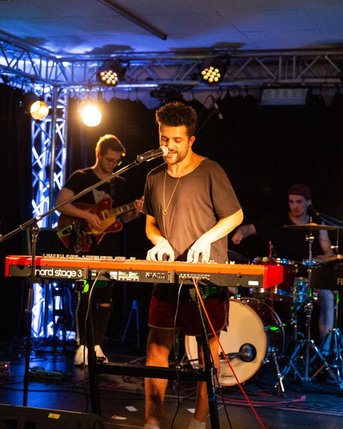
Instruments or vocals
Playing an instrument (or vocals) is an admission requirement for the Popular Music study programme. The following are accepted: voice, piano, guitar, electric bass, double bass, drums, violin, saxophone, trombone, trumpet, flute.
You must present your chosen main music instrument in the entrance examination. If the computer is your instrument then study Audio Design!
We help you achieve your goals
Letter of motivation and own songs
Admission requirements vary according to the educational background and citizenship of all applicants. Our admission requirements are in accordance with German legal stipulations.
The basic requirements you need are:
- General higher education entrance qualification (Abitur) or university of applied sciences entrance qualification (Fachhochschulreife). In case you have not graduated yet, please apply with your existing transcripts or your latest interim certificate. However, we need your final degree certificate before you can start your studies.
- Please note that applicants with foreign degrees might be eligible for direct entry. This means that applicants who meet the requirements DON'T need to do a foundation year before starting their Bachelor's.
- CV
- Two songs in MP3 format: for your studies, you must choose and present an instrument (or vocals) as your main subject. Please upload your own compositions or interpretations of foreign works with your application (each lasting 1-4 minutes).
- Proof of English language proficiency
- Copy of your identity card or passport
You do not qualify for direct entry? Join our preparatory course and get qualified to start your Bachelor’s degree at SRH.
Next available courses
- February 2024
- October 2024
After a successful pre-selection we will invite you to the practical entrance examination at the Berlin School of Popular Arts. This helps us to get to know your course-specific expertise, your creativity, your willingness to create and express yourself and your motivation. In order to help you prepare for the exam, please find a sample of the entrance examination here.
I) Details songs
Please upload two songs in MP3 format in which you present your musical instrument in the application form, which will be your main subject during your studies. They can be your own compositions or interpretations/arrangements of foreign works, lasting at least one and at most four minutes. In addition, write a one-page PDF file that provides information about these titles and their original authors and performers. Describe the nature and scope of your own work and name the work of third parties.
Your individual artistic and creative strengths, which are expressed in the music examples submitted, should relate to the following focal points:
- Author: composition/musical adaptation
- Performer: instrumental performance - at least one song must feature the main instrument
- Performer: vocals
- Producer: sound engineering/production
The result of the pre-selection will determine whether the candidate will take part in the practical entrance examination.
II) Entrance examination
The following is important:
- a strong will to express yourself and create
- very good knowledge of an instrument/vocals
- basic theoretical and practical knowledge of popular music
The entrance examination includes a 30-minute written exam with music theory, ear training and sound engineering content.
This is followed by the 30-minute practical part consisting of
- your self-made artistic presentation with two titles
- practical aural training
- theoretical and practical tasks and questions
- a personal conversation about your motivation to study popular music at the Berlin School of Popular Arts
Presentation
Your self-made presentation consists of two pieces with at least one track. You choose these according to your individual wishes and focus.
- an original composition or a title arranged by yourself
- you play or sing your main instrument live on site
Your presentation can be solo, to playback you bring with you, through a DAW project or together with accompanying musicians that you organise yourself. The quality of the practical part of the entrance examination is decisive for the assessment of your aptitude for artistic/musical studies at the Berlin School of Popular Arts.
III) Here are the English requirements you should bring along:
- TOEFL 87 ibt (direct entry)
- TOEFL 79 - 86 ibt (with additional agreement)
- TOEIC 785 (Listening/Reading 785, Speaking 160, Writing 150)
- IELTS (academic) 6.5 on average - please see Language Centre guidelines if results differ
- CAE (grade A, B, or C)
- CPE (grade A, B or C)
- Pearson English Test Academic (PTE-A) 59 points
- Linguaskill: 176 - 184 (CES) - all four skills required
- Duolingo 110 points
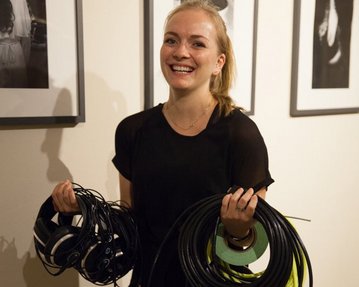
Your tuition fees
As a state-recognised, private university, the Berlin School of Popular Arts is financed by tuition fees. This revenue goes towards equipping our campus, providing services for our students, and quality assurance. In this way we ensure that you receive the best possible education under optimal study conditions.
Tuition fees (per month or per semester)
- EUR 790 / month (Citizenship EU/EEA incl. Switzerland, Western Balkans and Ukraine)
- EUR 4,740 / semester (Citizenship non-EU/non-EEA)
Enrolment fee (once)
- EUR 750 (Citizenship EU/EEA incl. Switzerland, Western Balkans and Ukraine)
- EUR 1000 (Citizenship non-EU/non-EEA)
The monthly/semester tuition fees remain the same for the entire duration of the study programme. More information about our fees.
You can finance your studies with a student loan or a scholarship. The possibilities vary according to nationality. You can find more information under "Financing your Studies". Our Student Advisory Service will be happy to answer any questions you may have.
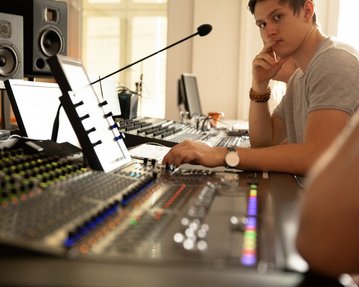
This is how the musical entrance examination works
Please find the Application and Late Arrival deadlines here.
We look forward to getting to know you. This is our application process:
- You apply online at our SRH Universities Application Portal
- If you meet the admission requirements, we will invite you to an entrance examination*
- If you pass entrance examination successful, you will receive an acceptance letter and the study contract
- You sign the study contract and send it back to us
- You pay the registration fee
- You receive your letter of admission
- You take part in our Welcome Week and then it begins!
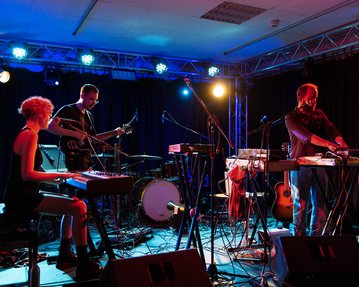
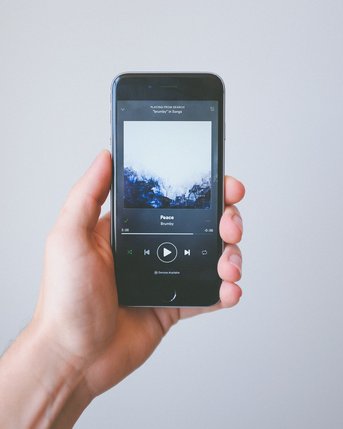
Berlin School of Popular Arts (SOPA) on Spotify
In our SOPA Playlist we present current and former students from the B.A. Music Production, B.A. Audio Design and B.Mus. Popular Music study programmes. All songs were either (co-)composed, interpreted, arranged and/or produced by our students!
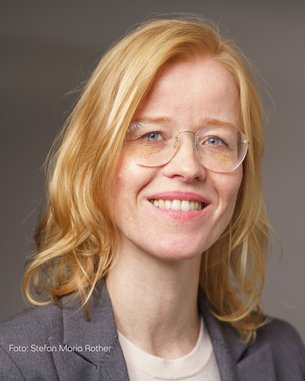
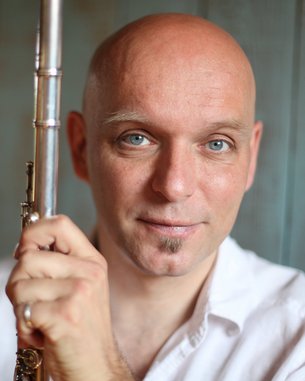
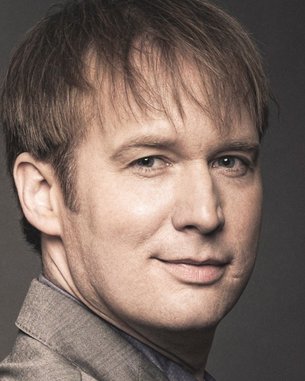
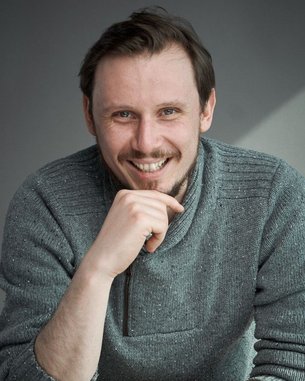
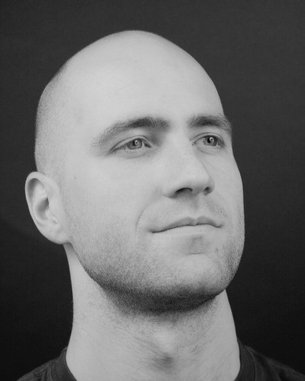
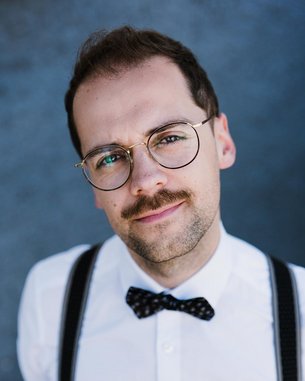
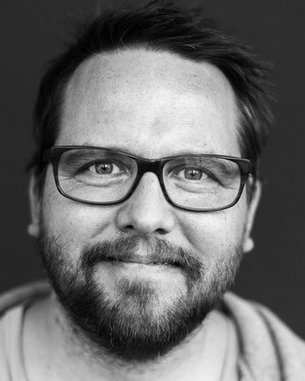
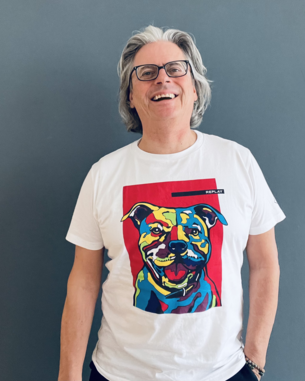
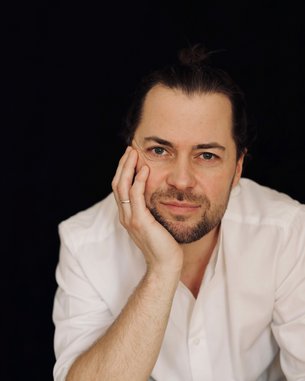
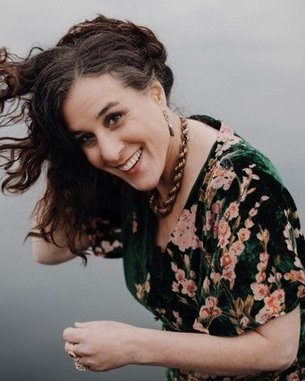
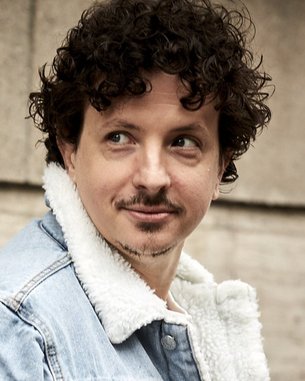
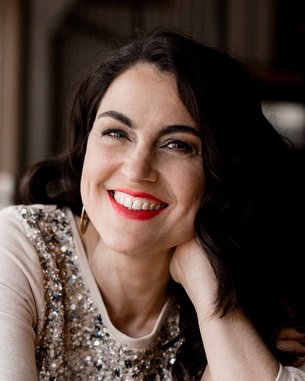
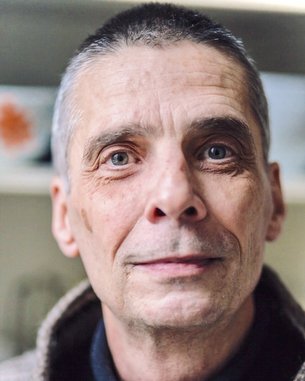
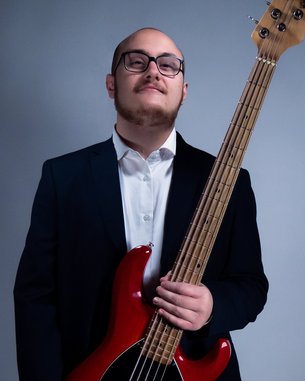
![[Translate to English:] Carlos Albrecht](/fileadmin/_processed_/c/7/csm_Carlos_Albrecht_a781570113.jpeg)
